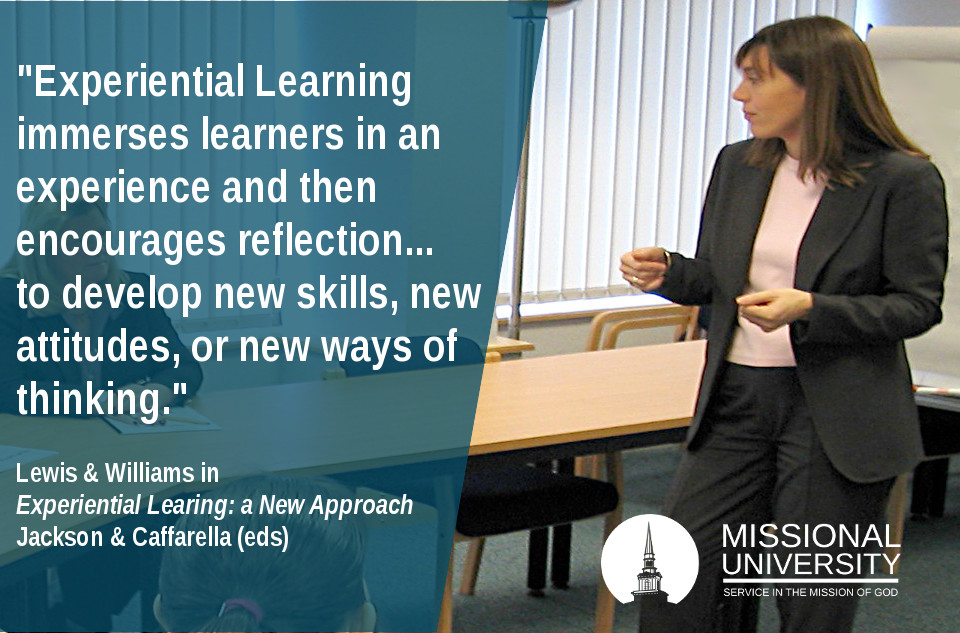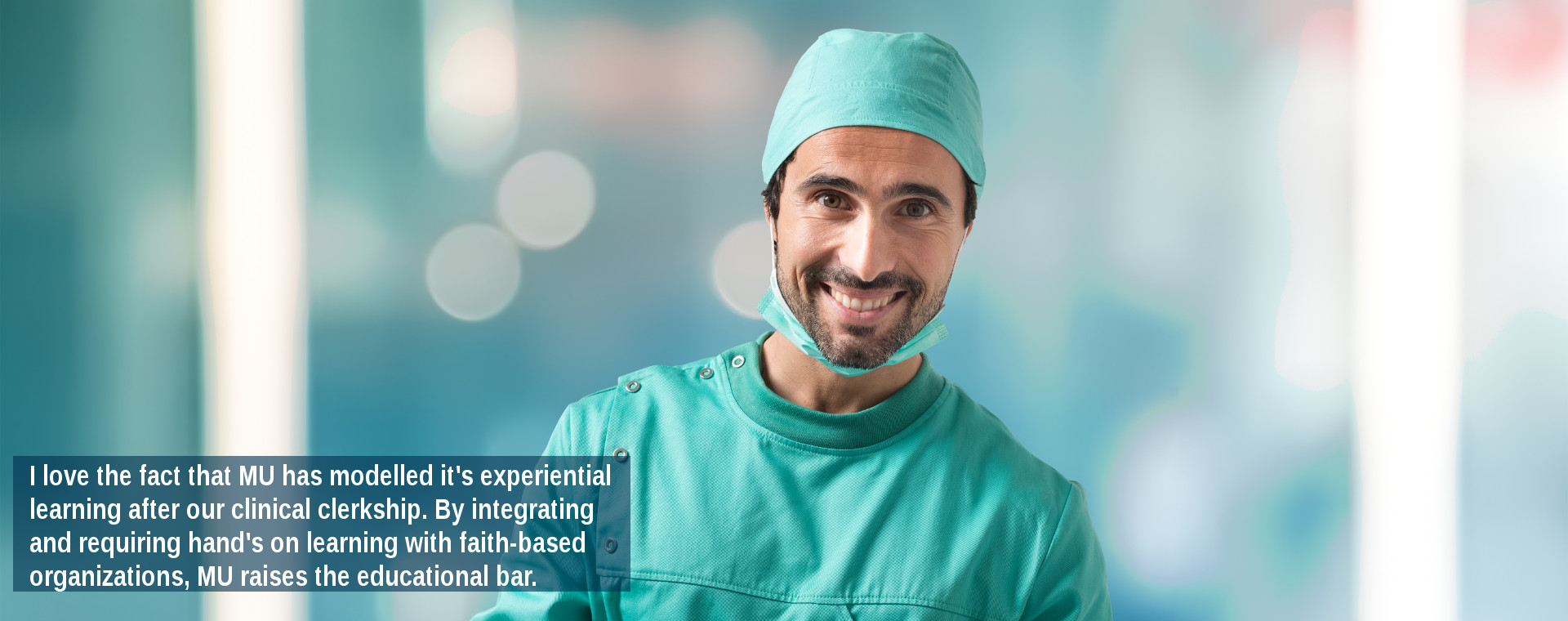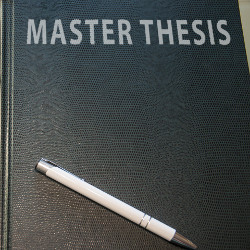SUPPORT EXPERIENTIAL LEARNING
Tomorrow's Leaders are Experientially-Transformed by Merging Faith, Career, and Mission
Integrated throughout all of the training at the Missional University is an experiential orientation with a heavy dose of "field practice" where concepts that are discussed in class are lived out in the real world. Reflection, integration, and collaboration flow out of the relationships that are formed between students and faculty. This experiential learning has the transformative power to equip students with ministry and missional skills. We value theological and missional reflection conducted within a community of missional and ministry practice that informs and interprets those experiences. Each course and program interprets missional practice by reflecting biblically, theologically and missionally.
The courses in the School of Experiential Learning are designed to foster personal transformation through guided practical, research and communicative experiences.
Join others in nurturing a global tidal wave of missional education.

INSPIRED TO GIVE?
Choose a fund from the Experiential Learning category or opt for General Support which sustains every part of the Missional experience.
MISSIONAL CURRICULUM DESIGN OF EXPERIENTIAL LEARNING
As part of the curriculum design development at Missional University, we looked for models or approaches to higher education that would enable MU to create a unique but robust curriculum. We found the design of education in Medical Schools were particularly instructive for approaches that we would develop.
Below is a comparative statement:
MEDICAL Experiential Learning Design
In a medical school, professors teach students how to be a clinician that serves in a clinic where they diagnose issues and treat the physical condition of patients. Their clinical study consists of coursework that lays the foundation for clinical services and actual service in a clinic. This service involves what is considered "clinical practice" which relates to the observation and treatment of actual patients rather than theoretical or laboratory studies. Students participate in a "clinical clerkship" which consists of a round of "clinicals" -- which range from shadowing clinicians to supervised practice. The curriculum is considered to be "clinically-driven" because of the emphasis on hands-on service. Students receive clinical instruction where they are taught a range of clinical skills including clinical analysis and clinical assessment using clinical case studies in order to gain clinical competence.
MISSIONAL Experiential Learning Design
At Missional University, professors teach students how to be a missionizer that serves in a mission where they identify issues and minister to the physical and spiritual conditions of people and communities. Their missional study consists of coursework that lays the foundation for missional services and actual service in a mission. This service involves what is considered "missional practice" which relates to the observation and ministry among actual people in the world rather than institutional church ministry. Students participate in a "missional internship" which consists of a round of "missionals" -- which range from shadowing missionizers to supervised practice. The curriculum is considered to be "missionally-driven" because of the emphasis on hands-on service. Students receive missional instruction where they are taught a range of missional skills including missional analysis and missional assessment using missional case studies in order to gain missional competence.
SUPPORT EXPERIENTIAL LEARNING OPPORTUNITIES
It is one thing to learn information, theories, and methodologies, but it is quite another to synthesize and apply what is learned to specific situations. However, all of the degree programs at Missional University incorporate specific experiential learning opportunities to bridge this gap. Students customize their degree programs with practicums, internships, mentorships, research, capstones, projects, portfolios and thesis.
GIVE GENEROUSLY









